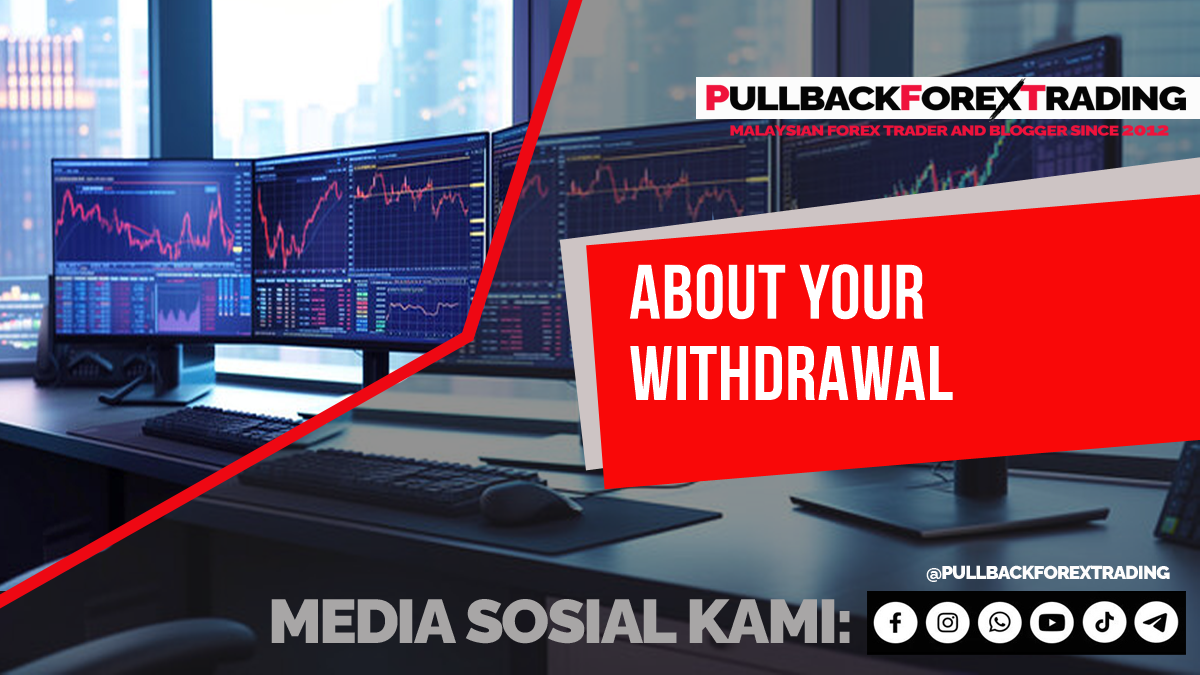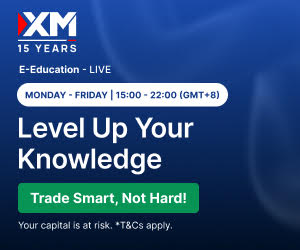
EVER WONDER WHERE YOUR MONEY COME FROM WHEN YOU WITHDRAW A PROFIT? THIS MIGHT ANSWERED YOU!
If you ever ask yourself where the money come from? That’s such great question! The source of the funds for a client’s withdrawal depends on the broker’s execution model—whether they are a Market Maker, STP (Straight-Through Processing), or ECN (Electronic Communication Network) broker. Here’s how it works:
Market Maker Broker
- Execution Model:
- The broker does not send your trades to the interbank market. Instead, they act as the counterparty to your trades.
- Your profits come from the broker’s internal funds, not directly from the interbank market or liquidity providers.
- When You Withdraw:
- The broker uses its own reserves to pay out your withdrawal.
- This is why it’s crucial to work with a well-capitalized and regulated market maker broker—so you can trust that they have sufficient funds to handle withdrawals.
In this case, so many broker won’t pay client’s withdrawal if they have less fund. So don’t surprise for seeing someone complaining their broker not paying them!
STP or ECN Broker
- Execution Model:
- Trades are passed directly to liquidity providers (banks like J.P. Morgan, Deutsche Bank, etc.), who take the other side of your trades.
- If you profit, the liquidity provider pays the broker, and the broker pays you.
- When You Withdraw:
- The broker uses the funds received from liquidity providers to settle your trades.
- The broker’s role is to facilitate the withdrawal process, ensuring the money flows from liquidity providers to your account.
Key Points
- In Both Cases, the money you withdraw ultimately comes from the broker’s account because they are responsible for managing the flow of funds between you and the market.
- For Market Makers, your profits come from the broker’s internal resources. If many clients profit simultaneously, the broker needs strong financial backing to meet withdrawal requests.
- For ECN/STP Brokers, your profit is funded by liquidity providers who paid the broker after taking the opposite side of your trade.
hybrid broker
A hybrid broker combines features of both Market Maker and ECN/STP brokers, depending on the situation or the type of client. This model is designed to balance profitability for the broker while offering traders flexibility and competitive conditions.
How a Hybrid Broker Works
- Market Maker for Smaller Trades or Retail Clients:
- For smaller accounts or beginner traders, the broker may act as a Market Maker, internally matching trades and taking the other side.
- This helps ensure profitability for the broker on small, frequent trades, where direct market access might not be cost-effective.
- ECN/STP for Larger Trades or Advanced Clients:
- For high-volume or professional traders, the broker routes trades directly to liquidity providers (banks, hedge funds, etc.) via ECN/STP.
- This ensures transparency, tighter spreads, and access to real market liquidity.
- Selective Routing:
- Hybrid brokers may dynamically decide how to handle a trade. For example:
- Internalized (Market Maker): If the trade size is small or unlikely to cause large risk for the broker.
- Externalized (ECN/STP): If the trade is large, during volatile conditions, or beyond the broker’s risk tolerance.
- Hybrid brokers may dynamically decide how to handle a trade. For example:
Why Brokers Use a Hybrid Model
- Profitability:
- Acting as a Market Maker for smaller trades allows the broker to keep the spread and reduce reliance on external liquidity providers.
- Scalability:
- ECN/STP routing supports larger and more advanced traders who demand better execution and transparency.
- Flexibility:
- The hybrid model allows brokers to cater to a wide range of traders, from beginners to institutional clients.
How Hybrid Brokers Handle Withdrawals
- Market Maker Trades:
- If your trade was handled internally, your profit is paid from the broker’s funds.
- Since no external liquidity provider was involved, the broker retains full control over the trade and payout.
- ECN/STP Trades:
- If your trade was routed to liquidity providers, they pay the broker the profits owed to you. The broker then processes your withdrawal.
- Mixed Scenarios:
- For accounts or portfolios with both types of trades, the broker balances their internal reserves and external liquidity provider settlements to ensure smooth payouts.
Advantages of Hybrid Brokers
- Flexibility:
- They cater to both retail and advanced traders with varying needs.
- Competitive Spreads:
- Small traders may benefit from fixed spreads (Market Maker), while larger traders enjoy tighter spreads (ECN/STP).
- Liquidity Access:
- Large trades are sent to liquidity providers, ensuring market execution and transparency.
Disadvantages of Hybrid Brokers
- Lack of Transparency:
- It’s not always clear whether a trade is being handled as a Market Maker or routed to ECN/STP.
- Conflict of Interest:
- Market Maker trades can still create a situation where the broker profits from client losses.
- Execution Uncertainty:
- During high volatility, the broker might choose to act as a Market Maker or switch routing methods, leading to possible delays or slippage.
How to Identify a Hybrid Broker
- Look at Their Execution Policy:
- Brokers using a hybrid model often state that they offer both “Dealing Desk” (Market Maker) and “No Dealing Desk” (ECN/STP) execution options.
- Check Trading Conditions:
- Hybrid brokers typically offer variable spreads on ECN/STP accounts and fixed spreads on Market Maker accounts.
- Ask Questions:
- Contact customer support and ask how trades are handled for different account types or trade sizes.
Is a Hybrid Broker Right for You?
- For Beginners: A hybrid broker might be a good choice, offering the simplicity of Market Maker conditions initially and the option to upgrade to ECN/STP as you grow.
- For Advanced Traders: If the broker provides a clear ECN/STP account with low commissions and tight spreads, they can still be competitive.
Why Regulation and Reputation Matter
Brokers must have strong financial health and regulatory oversight to ensure they can handle withdrawals promptly, whether they’re Market Makers or ECN/STP brokers. Regulated brokers often have capital requirements to guarantee they can meet client obligations, even in volatile markets.
ADMIN
24/01/25



